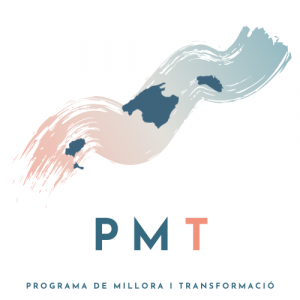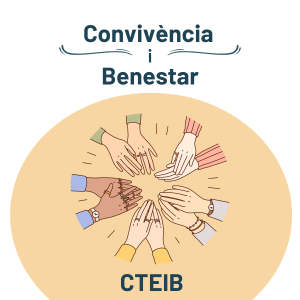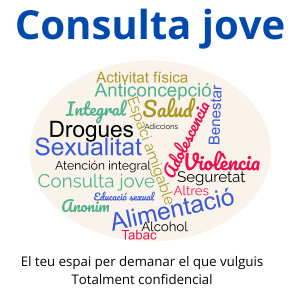Trust is not merely an emotion—it’s a neurological and psychological cornerstone of human decision-making. Rooted in evolution, trust functions as a cognitive shortcut that allows us to navigate complex environments efficiently. Our brains evolved to prioritize speed and reliability, relying on patterns, consistency, and social signals to form subconscious confidence in people, choices, and systems. This mental mechanism helps conserve mental energy while enabling rapid, adaptive behavior.
The Science of Expectation and Its Influence on Trust
Expectations shape trust far more than facts alone. Cognitive biases like confirmation bias lead us to interpret ambiguous information in ways that confirm prior beliefs, reinforcing trust in familiar patterns. Even when faced with uncertainty, people often rely on past behavior—what psychologists call *predictive heuristics*—to guide current decisions. For instance, choosing a coffee shop based on a trusted friend’s recommendation, despite no prior visit, illustrates how trust leverages social continuity and memory. This shortcut reduces anxiety and accelerates choice, even if the underlying data remains incomplete.
- Expectations anchor trust: prior positive experiences create a baseline of confidence.
- Behavior prediction triggers neural rewards—dopamine release reinforces trust in consistent cues.
- Uncertainty amplifies reliance on familiar signals, making transparency and reliability critical.
Trust in Transparency: Why Clarity Builds Confidence
Open communication is the bedrock of perceived honesty. When information is clear and accessible, consumers and users perceive greater reliability. Small acts—like displaying ingredient sources, sharing pricing models, or offering honest feedback—build cumulative trust over time. These transparent behaviors activate psychological validation, as people seek alignment between what they hear and what they observe.
Example: A grocery retailer that displays sourcing details not only signals quality but also invites consumer trust beyond the product itself. This openness transforms passive trust into active engagement, reducing skepticism and fostering long-term loyalty.
| Transparency Action | Trust Impact |
|---|---|
| Clear ingredient labeling | Reduces perceived risk and enhances credibility |
| Public pricing without hidden fees | Builds perceived fairness and honesty |
The Role of Social Proof in Shaping Everyday Trust
Humans are deeply social creatures wired to trust what others endorse. Seeing others trust a choice activates mirror neurons, creating a neural resonance that validates decisions. Reviews, ratings, and word-of-mouth function as modern social proof, accelerating trust formation through collective validation. Even without direct experience, a consistently praised product gains credibility through digital echoes.
When a restaurant floods social media with positive reviews, individuals often trust it implicitly—responding to a crowd’s silent signal rather than gathering independent evidence. This effect underscores trust’s social dimension: it’s not just about logic, but shared experience.
- Social proof reduces cognitive effort—“If many trust it, it must be safe.”
- Reviews and ratings create a feedback loop reinforcing perceived reliability.
- Influencers and peer networks amplify trust signals across communities.
The Product as a Natural Illustration: How {название} Embody Trust Science
Take {название}—a modern smart thermostat that transcends functionality to become a symbol of trust. Its design reflects deep understanding of trust principles: intuitive interfaces reduce decision fatigue, while consistent performance builds reliability. User feedback loops—where real-world experiences refine software and hardware—mirror how trust grows through repeated, positive reinforcement.
This product’s success isn’t just measured in sales; it’s rooted in community confidence accumulated over years. Each user testimonial, every seamless update, feeds a cycle of trust that reinforces brand loyalty.
Beyond the Surface: Unseen Factors That Deepen Trust
Beyond visible cues and reviews, deeper psychological forces shape trust. Cognitive load and decision fatigue push people toward familiar, low-effort choices—making consistent, predictable brands more trusted. Emotional resonance adds another layer: when a product aligns with personal values or evokes meaningful experiences, trust deepens beyond utility.
{название} succeeds not only through smart features but through storytelling and brand values that connect emotionally. Users don’t just trust the thermostat—they trust the promise of comfort, control, and care embedded in every interaction.
“Trust is built in moments—consistency in design, honesty in feedback, and empathy in experience.”
In essence, trust is not random—it’s a dynamic interplay of evolution, expectation, transparency, and social connection. Understanding these mechanisms helps us make better choices and design systems that earn lasting confidence.
Explore how prediction shapes trust in games and real life







